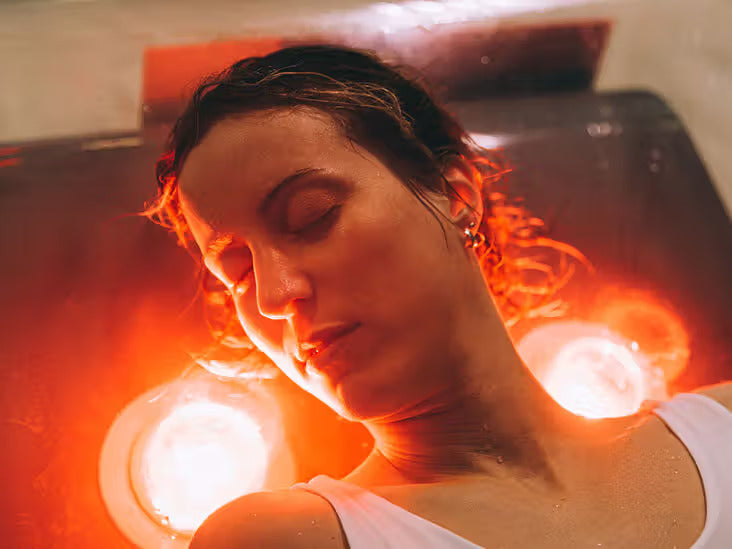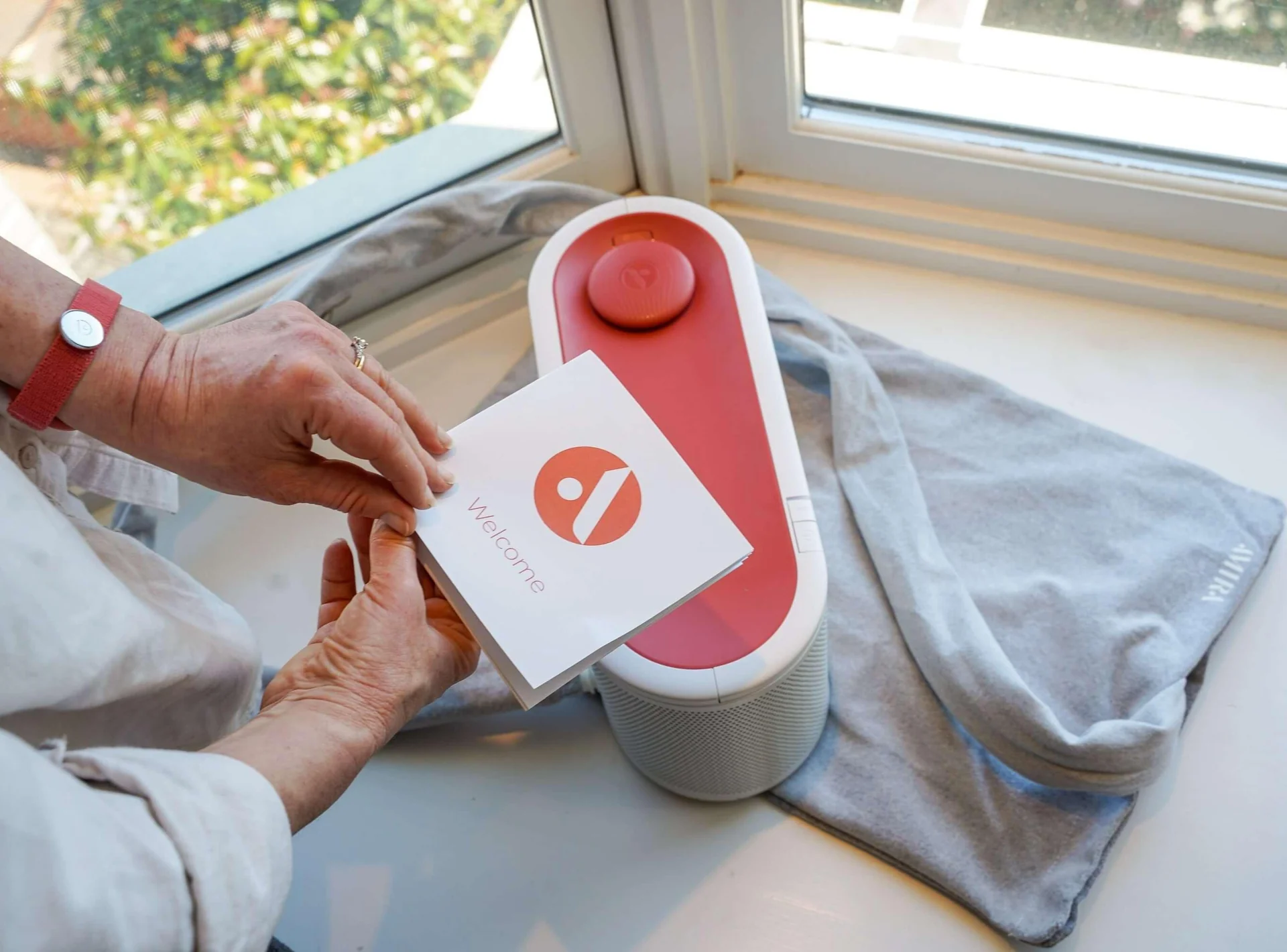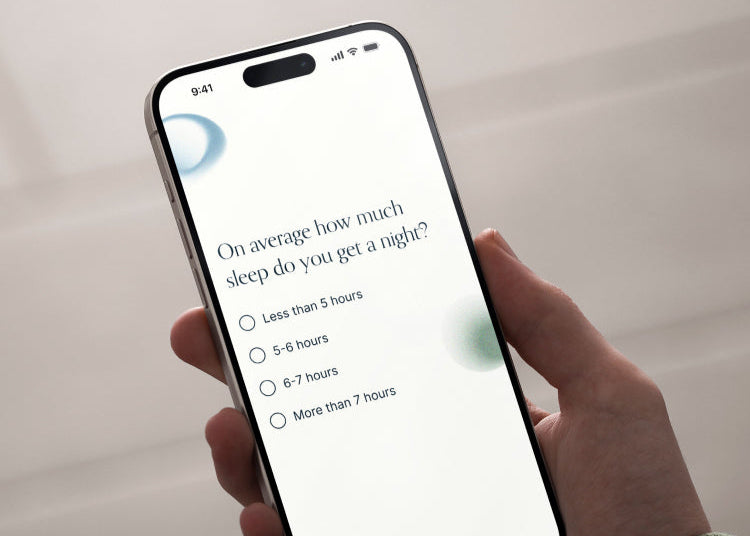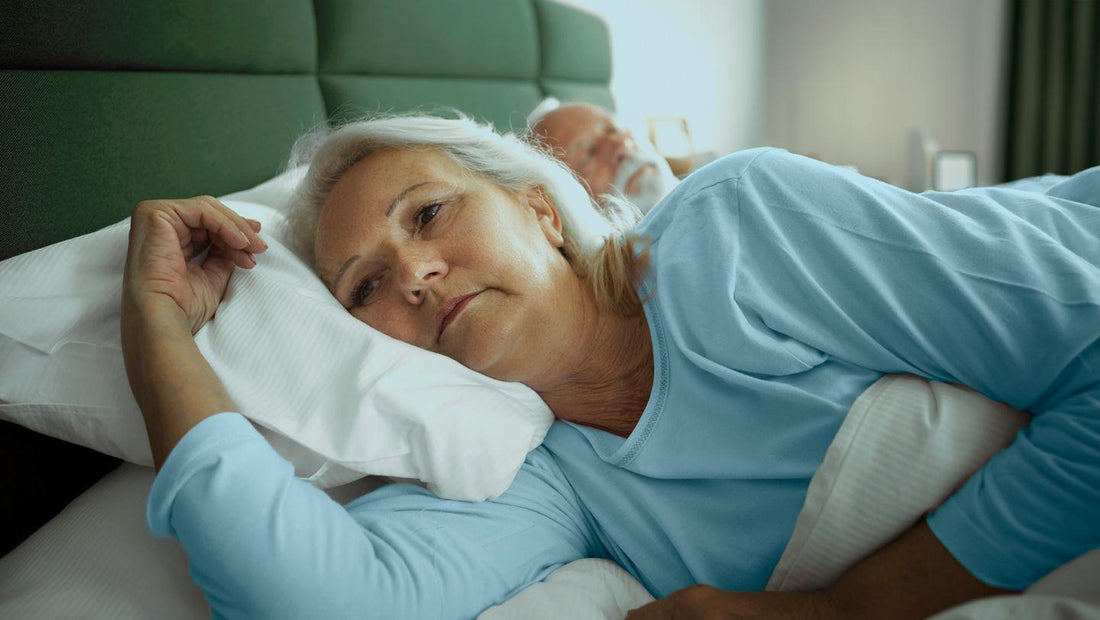
Menopause and Lack of Sleep
- Written by: Corentin Hugot
- Reading time: ~4 min
Ah, menopause. That magical time in life when your body decides to throw a party, and you’re the guest of honor who didn’t RSVP. One of the less fun party favors? Lack of sleep. Yes, ladies, as if hot flashes and mood swings weren’t enough, menopause also wants to rob you of your precious Zzz’s. But fear not! We’re here to navigate this nocturnal nuisance with a positive spin, a touch of humor, and some practical tips to help you sleep through the night, undisturbed.
The Menopause-Sleep Connection
First things first, let’s talk hormones. During menopause, your body’s estrogen and progesterone levels take a nosedive. This hormonal rollercoaster can wreak havoc on your sleep patterns. And then there are the hot flashes and night sweats – Mother Nature’s way of saying, “Surprise! Here’s a mini sauna session at 3 AM.” These nighttime heat waves can leave you tossing and turning, desperate for a cool spot on the pillow.
Common Sleep Issues During Menopause
-
Insomnia: The uninvited guest who overstays its welcome. Finding it hard to fall asleep? Join the club. Menopausal insomnia can turn bedtime into a nightly battle.
-
Frequent Awakenings: Welcome to the 3 AM club, where staring at the ceiling becomes a nightly ritual. Whether it’s hot flashes, anxiety, or just the menopausal mischief, waking up multiple times a night can make you feel like a zombie by morning.
-
Restless Leg Syndrome: When your legs decide it’s time for a midnight dance party, sleep becomes a distant dream. This pesky condition can be another unwelcome addition to your menopause journey.
Tips and Tricks for Better Sleep
So, how do you reclaim your nights from the clutches of menopause? Here are some tips and tricks to help you drift off to dreamland:
-
Establish a Bedtime Routine: Just like kids need a bedtime story, grown-ups need a wind-down routine. Think soothing activities like reading, gentle yoga, or listening to calming music. A hot shower before bed can simulate the temperature drop that your body associates with the temperature drop associated with night and the coming of sleep.
-
Create a Sleep-Friendly Environment: Turn your bedroom into a sleep sanctuary. Keep it cool, dark, and quiet. Invest in blackout curtains, a comfy mattress, and breathable bedding. Consider adding a white noise machine, ear plugs, and an eye mask to block out any disruptive sounds and light.
-
Cooling Strategies: Fans, breathable fabrics, and that magical cooling pad are your new best friends. They help keep those night sweats at bay, so you can sleep through the night, undisturbed. And don’t forget Terra – it cools your hot flashes so you don’t have to!
-
Relaxation Techniques: Mindfulness and meditation can work wonders. And let’s not forget the power of a good old-fashioned bubble bath to melt away the stress of the day.
Lifestyle Changes for Improved Sleep
Sometimes, small changes in your daily routine can make a big difference:
-
Diet: What you eat affects how you sleep. Opt for sleep-friendly foods like cherries, almonds, and turkey. Avoid heavy meals, caffeine, and alcohol close to bedtime.
-
Exercise: Moving your body during the day helps you sleep better at night. Just make sure to finish your workout at least a few hours before bedtime.
-
Avoiding Caffeine and Alcohol: Yes, we love our coffee and wine, but they don’t love our sleep. Cut back, especially in the evening, to help your body wind down.
Natural Remedies and Over-the-Counter Options
When nature needs a little nudge:
-
Herbal Teas: Chamomile, valerian root, and other herbal teas can work their sleepy-time magic. A warm cup before bed can help you relax and drift off.
-
Supplements: Melatonin, magnesium glycinate, and other sleep aids can be helpful. Just be sure to consult with your doctor before starting any new supplement.
-
OTC Medications: Sometimes, a little help from the pharmacy is needed. Over-the-counter sleep aids can provide short-term relief, but they’re not a long-term solution.
Professional Help and Medical Treatments
If sleep continues to evade you, it might be time to seek professional help:
-
When to See a Doctor: If insomnia persists despite your best efforts, it’s time to call in the pros. Your doctor can help identify underlying issues and recommend treatments.
-
Hormone Replacement Therapy (HRT): The pros and cons of HRT are worth discussing with your doctor. It can help balance hormones and improve sleep for some women.
-
Prescription Sleep Aids: Used wisely, prescription sleep aids can offer relief. However, they should be a last resort and used under strict medical supervision.
Embracing the Journey
Menopause is a natural life stage, and while it comes with challenges, it’s also an opportunity to embrace change and adapt. Finding humor in the situation can make the journey easier. Laugh at those sleepless nights and share your experiences with fellow night owls. Building a supportive community can make a world of difference.
Final Thoughts
Remember, prioritizing your sleep and well-being is crucial. Menopause may be a rocky road, but it’s a journey worth taking. And always keep in mind – this too shall pass. Here’s to reclaiming your nights and waking up refreshed, ready to conquer the day with a smile. Sweet dreams, ladies! 🌙
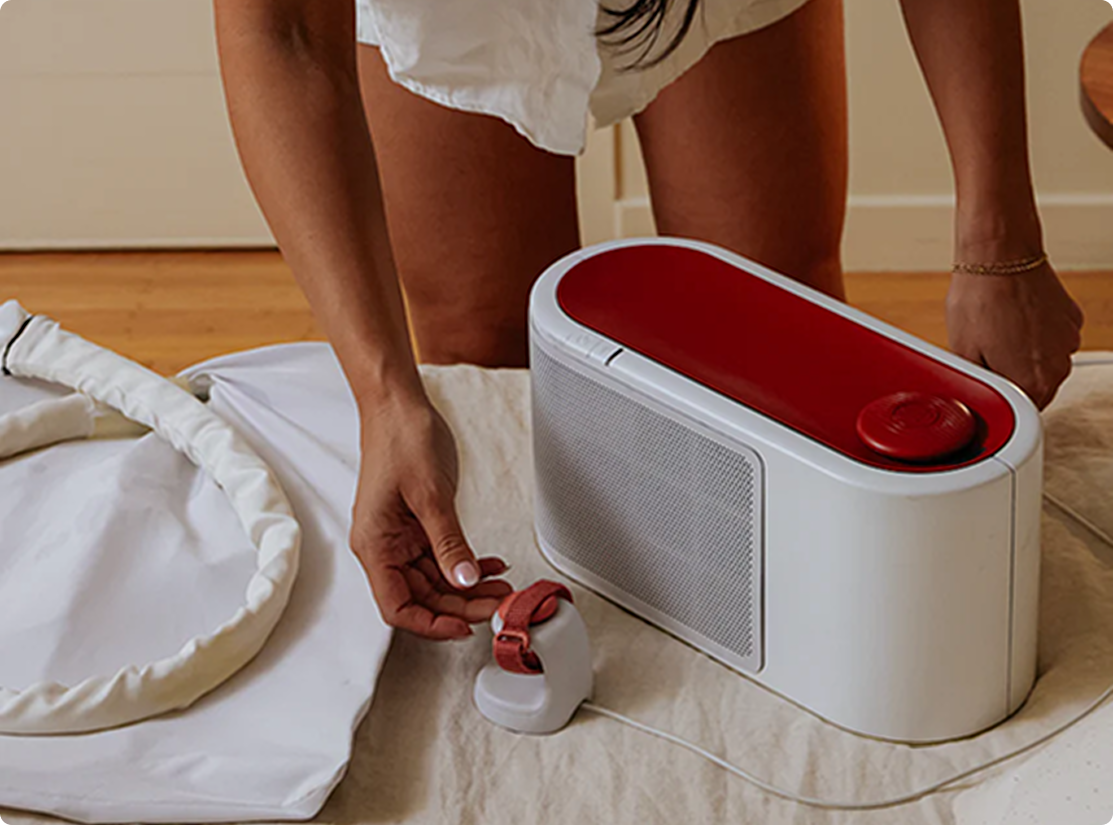
Sleep Cool, Wake Refreshed
Terra’s smart cooling system stops hot flashes before they wake you.
Predicts & cools in seconds
No noise, no interruptions
Wake up refreshed


